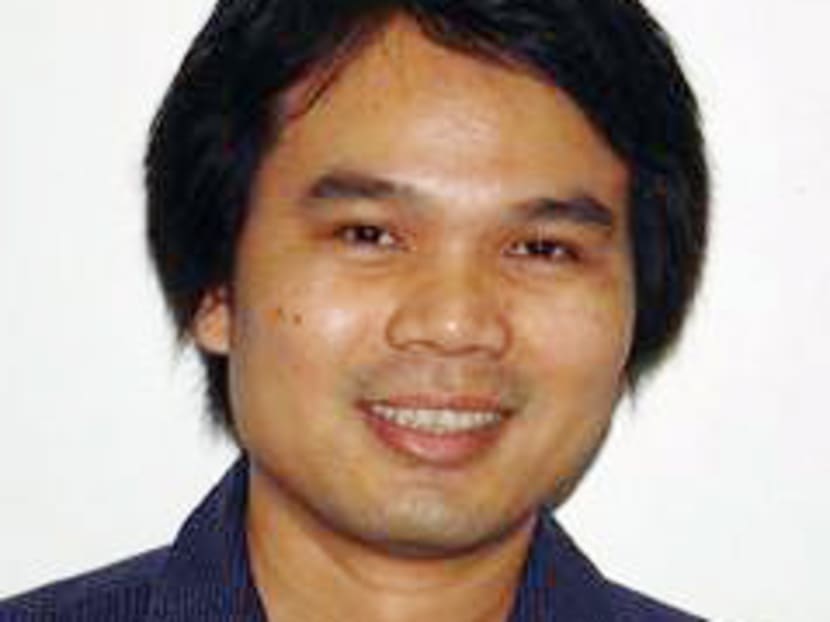In Thailand, a lone crusade against lecturers with fake degrees
BANGKOK — Dr Weerachai Phutdhawong (picture), an associate professor of chemistry at Kasetsart University, has no background in criminology or investigative work. But he has been exposing scams for nearly a decade.
BANGKOK — Dr Weerachai Phutdhawong (picture), an associate professor of chemistry at Kasetsart University, has no background in criminology or investigative work. But he has been exposing scams for nearly a decade.
His target: Lecturers who buy fake degrees in order to get teaching jobs at universities, as well as the fake degree mills that sell them. In 2008, he founded the Coordinating Centre for the Public Higher Education Staff (Ches) to help public university staff who have suffered institutional mistreatment, as well as call out abuses, including the use of lecturers with fake degrees.
With the help of Thailand’s Department of Special Investigation (DSI), Ches has successfully solved three cases involving fake degrees, including the 2013 World Peace University scandal, and is working on seven more. These “degrees” — mainly in law, social sciences, public affairs, engineering and music — cost about 225,000 baht (S$9,042) in tuition fees, and can then be used to apply for university teaching jobs.
“In order to earn the title of a professor, one must have a PhD, an outstanding research background or an exceptional body of academic work,” said Dr Weerachai. “Then the title will be approved and granted by the King. But all these so-called lecturers did was pay some money and get appointed to a position that usually takes at least a decade to earn.”
Fake certificates became more widespread after 1999 when the government cut subsidies to public universities, says Dr Weerachai.
Universities had to quickly hire more staff to fit a new required ratio of one lecturer for every five students at the graduate level.
Currently, public universities have 200,000 staff members. Of these, 180,000 — including lecturers — are not full-time government employees. Many lecturers are hired based on the number of students enrolled each semester.
“The university registrar does not usually check the origin of the academic certificate of these part-time lecturers. They simply tend to look at whether the name of the university is accredited by Thailand’s higher education office,” said Dr Weerachai. He said there are three main ways fake certificates are issued in Thailand — selling fake overseas degrees online, setting up a fake university to sell the degree and getting the degree from low-quality shophouse universities.
Some of the most popular fake degrees are sold on Khao San Road, a backpackers’ haven in central Bangkok.
In 2013, Dr Weerachai learned from TV that the World Peace University was soon to hold its commencement ceremony at a Bangkok hotel. Several celebrities were reportedly receiving honorary degrees. After a quick Internet search failed to unearth the school’s location, Dr Weerachai shared his concerns with the DSI. The ceremony was cancelled. The event’s organisers went quiet and could no longer be contacted by the press. It turned out that the World Peace University was operating without a licence.
Another case involved a woman accused of using a fake degree from Southampton University, an actual British university, to launch her lecturing career at a north-eastern Thai university.
The woman, whose name was not disclosed, told PPTV in Chiang Mai that she was duped by an agent who claimed she could get a PhD through an online course. She had never been to Britain.
She finished her online PhD in philosophy from Southampton University in 2014 before getting a qualification from the Universal Ministries of the King’s College in Florida last year. Afterwards, she used her degree to land a public university lecturer position. Southampton University later denied she had a PhD from the institution. She was dismissed from her post. “I am a victim,” the lecturer told PPTV.
A shooting on the campus of the Phranakhon Rajabhat University in Bang Khen in May last year was said to be triggered by accusations levelled against a professor for having a fake degree.
Wanchai Danaitamonut, 60, shot dead two fellow lecturers, Pichai Chaisongkram and Nattapol Chumworathayee, both 50, at a university lecture hall before an exam. Wanchai later killed himself with his 9mm pistol during a stand-off with police.
TV news reports suggested that Wanchai was suspicious that Pichai, his colleague, held fake certifications for his position. This came a year after Pichai had raised questions about the validity of Wanchai’s academic degree.
Due to the high stakes, people are afraid to turn whistleblower. Some complainants have been fired or publicly shamed for seeking to “defame” others. That is where Ches has intervened. More than 80 public universities now rely on the third-party organisation to deal with complaints, said Dr Weerachai.
Ches has also dealt with fake certificates involving powerful people outside academia, though Dr Weerachai declined to name specific industries. “Some of them have told me to stop doing what I’m doing, otherwise they will try to make me go to jail. Some people have said they will kill me if I don’t stop. But I’m not afraid and I won’t stop.” BANGKOK POST







